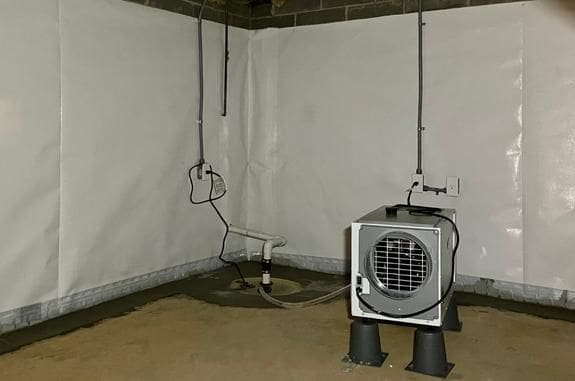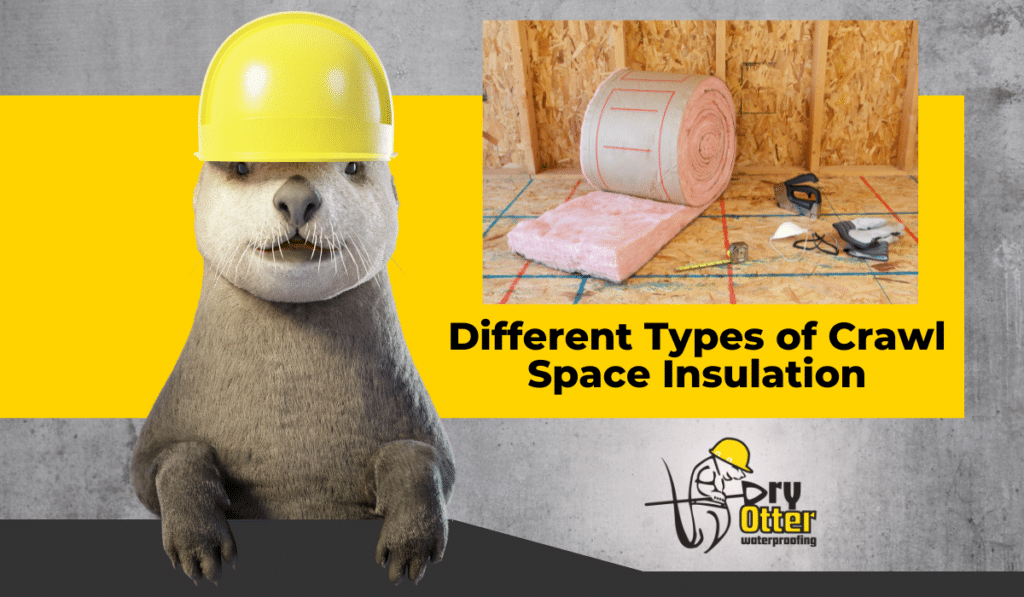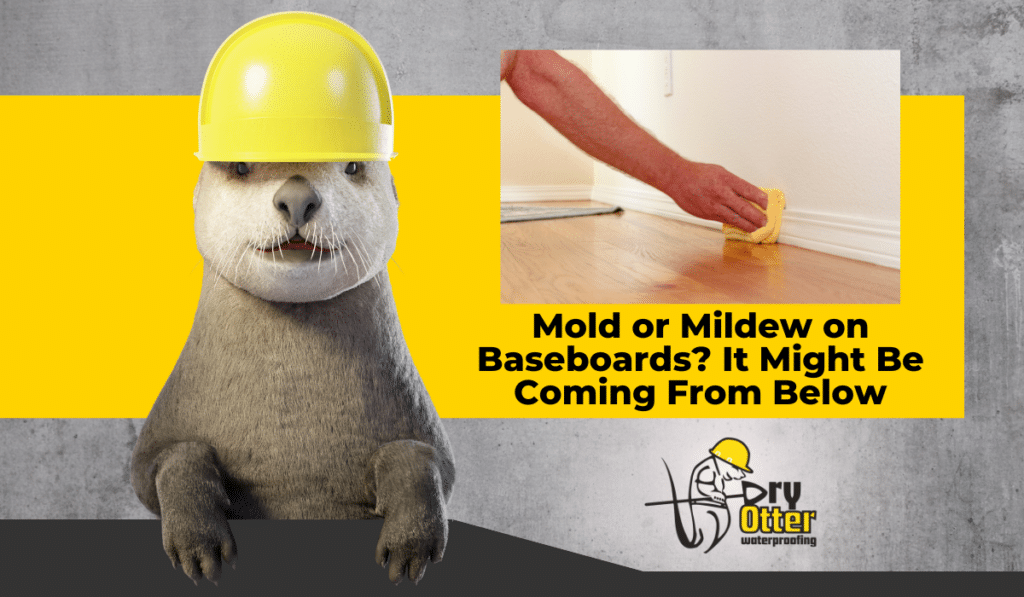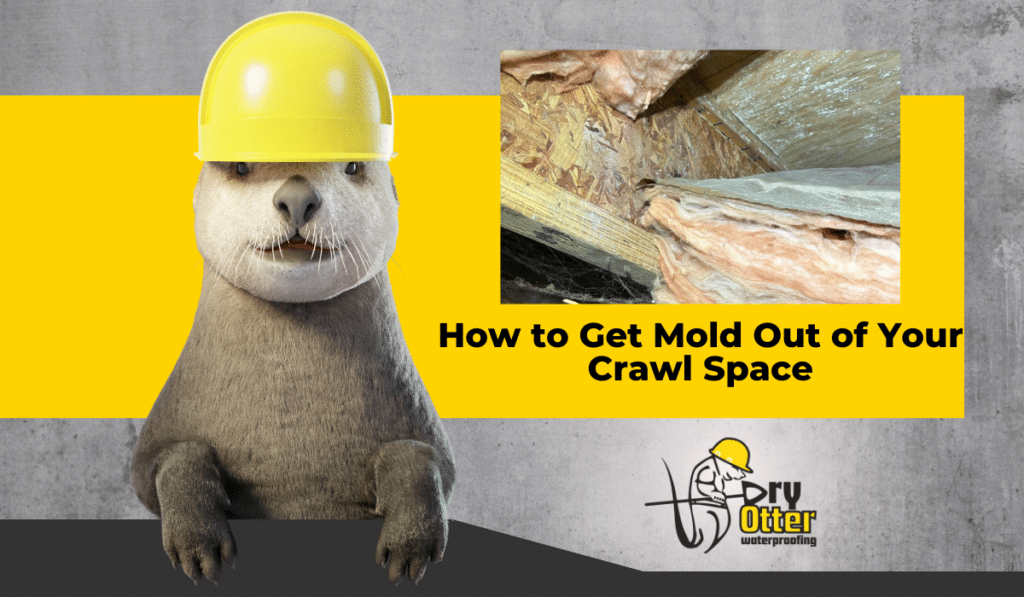It’s not uncommon for basements to be susceptible to moisture problems, given their location below ground level and sometimes lack of proper ventilation.
Common signs of moisture problems range from standing water, damp walls and floors, visible mold growth, musty odors, and efflorescence.
To protect your basement from damaging moisture, dehumidifiers are superheroes in the fight against excess moisture and humidity.
Signs You Need a Basement Dehumidifier

To determine if you need a dehumidifier for basement moisture issues, visible and subtle signs will alert you to the problem.
Musty smells:
Musty odors are a strong indicator of potential mold growth, even if you can’t see the visible signs of mold. The smell is like an early warning system.
Mold produces a variety of organic compounds during the growth and reproduction stage, which are responsible for the musty smell typically associated with mold. These compounds are highly volatile and easily released into the air, alerting you to the problem.
Condensation:
If you see visible condensation on your windows, pipes, or walls, these are all signs you need a dehumidifier for basement moisture elimination.
Clammy feelings:
If the air in your basement feels uncomfortably damp, this is also a tell-tale sign that you need a dehumidifier.
Visible mold or water stains:
Seeing visible signs of mold or water stains is a sure sign that you have a serious moisture problem that requires immediate attention.
Additional signs you need a dehumidifier for basement excess moisture:
Efflorescence on your walls, which is the leaching of salts to the surface of a porous material, forming a white, powdery substance.
Other signs are insect infestations, wet drywall, and bowing walls.
How Basement Dehumidifiers Work
“Do I need a dehumidifier in my basement?” Now that we have covered the primary signs of excess moisture and the need for a dehumidifier, we will explain how they work.
The process is pretty straightforward. A dehumidifier draws in the air in your basement, removes the moisture, and then releases drier air. It is a simple process that has highly beneficial results.
It is important to note that Installing a dehumidifier for basement moisture problems is only the first step. It is a quick fix, but it doesn’t get to the root of the problem.
To eliminate the main cause of the problem, basement waterproofing is necessary.
Dry Otter’s basement waterproofing system addresses the leading causes of excess moisture. They begin by installing an engineered floor drain around the perimeter of your basement. This allows water to flow into a sump pump, which pumps the water outside your basement.
A heavy plastic wall liner is then installed to direct water leaching from your basement walls to the drain, which is pumped out by the sump pump. Then, a dehumidifier is installed to remove excess moisture from the air.
A professional basement waterproofing system will return your basement to a healthy environment, eliminating future problems and concerns. We also offer a lifetime warranty for your peace of mind.
Benefits Beyond Musty Smell Removal
“Will a dehumidifier get rid of the musty smell in basement air?” Yes, but it does so much more.
Health:
Your health is one of the most significant advantages of a dehumidifier because it reduces harmful allergens, dust mites, and mold spores that can lead to serious respiratory issues.
Comfort:
Prevention:
Eliminating water and moisture from your basement will make it a more usable, enjoyable space for your family.
A waterproof basement gives you peace of mind, allowing you to securely store items, protect finishes, and preserve the structural integrity of your home from water damage.
Choosing the Right Dehumidifier
The size of your basement matters.
General Guidelines:
- Small basements up to 500 sq. ft. would need a capacity of 10-20 pints per day (PPD) for moderate humidity levels or 20-30 PPD for high humidity.
- Medium basements, 500-1,500 sq. ft., should have a capacity of 20-30 PPD for moderate humidity and 30-50 PPD for high humidity.
- Large basements over 1,500 sq. ft. should have 40-50 PPD for moderate humidity and 50-70 PPD for high humidity.
Features:
Dehumidifier drainage options include a hose or bucket setup. Dehumidifiers with a continuous drain option (hose) are essential if you want continuous drainage into a drain line or sump pump without worrying about emptying a bucket.
A bucket-type dehumidifier has to be regularly monitored and dumped, which limits its flexibility. A humidistat is also important to target the proper humidity levels for optimum results.
A basement dehumidifier is an investment in your health and your home’s longevity. Your main goal should be to address the underlying causes of excess moisture.
Take Dry Otter’s “Problem Signs Quiz” for guidance and schedule a free basement inspection today for all your moisture solutions.






